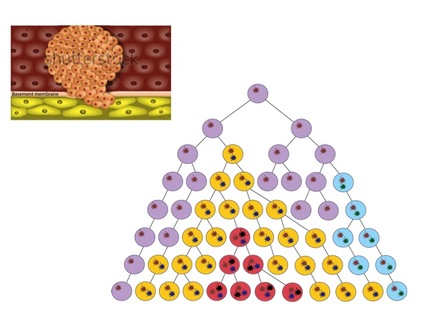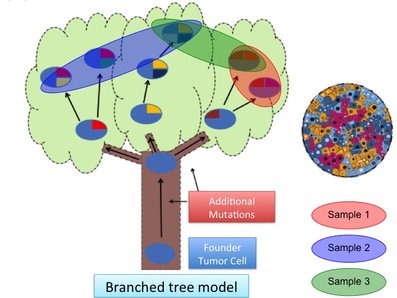Similar interests
- Non Gamstop Casinos
- Best Non Gamstop Casinos
- Non Gamstop Casinos
- Non Gamstop Casinos
- Casinos Not On Gamstop
- Gambling Sites Not On Gamstop
- Melhores Casinos Online
- Crypto Casino
- Non Gamstop Casinos UK
- Non Gamstop Betting Sites
- Online Casino
- Slots Not On Gamstop
- UK Casinos Not On Gamstop
- Casinos Not On Gamstop
- Casinos Not On Gamstop
- Casino Online Non Aams
- Non Gamstop Casinos UK
- Meilleur Casino En Ligne Français
- Gambling Sites Not On Gamstop
- Non Gamstop Casino Sites UK
- Non Gamstop Casino
- Uk Sports Betting Sites Not On Gamstop
- Siti Casino Online Non Aams
- Best Non Gamstop Casino
- Casino Non Aams
- Non Gamstop Casino UK
- Migliori App Casino Online
- Casino En Ligne Belgique Bonus
- Site Paris Sportif Tennis
- オンカジ スロット おすすめ
- 本人確認不要 カジノ
- крипто казино онлайн
- 카지노게임사이트
- Meilleur Casino En Ligne France
- Meilleur Casino En Ligne 2026
- Casino Italiani Non Aams
- Meilleur Casino En Ligne
- Nouveaux Casino En Ligne
- Crypto Casinos Malaysia

